nice pic and good advice
8 Skills That Every Child Should Learn in Order to Become a Responsible Adult
When people become adults, a lot of them realize there are certain skills that they lack and wish their parents had taught them when they were little. For some, it’s things like independence and self-confidence. Others wish they knew more about planning and building a career. And there are other things that would be really helpful for children to know that would prepare them for the future.
Bright Side wants your kids to be better equipped for the adult world. So here are some useful skills you could teach them while they’re still young!
1. How to defend yourself
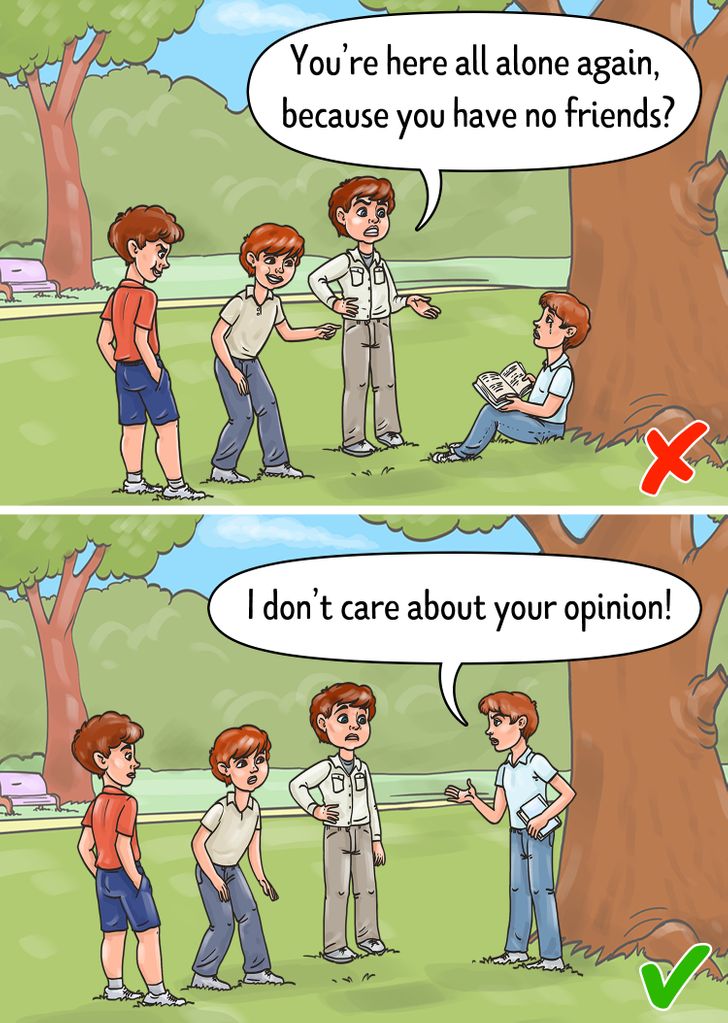
Knowing how to defend yourself is a crucial skill every adult should have, and children need it too. For example, when dealing with bullies, learning self-defense can give your child more confidence and make them feel independent, knowing they can find a way out of a difficult situation on their own, without asking an adult for help.
And self-defense doesn’t even have to be physical. Children can use words to de-escalate conflict, so it doesn’t come to a fight. It’s important to teach your child to be verbally assertive, and not give the bully the emotional reaction they were expecting, or just simply walk away.
If the conflict does turn into a fight, tell your kid punching is not the best idea. Instead, it’s better to “tackle” the bully, so the kid will have to wrap their arms around the attacker, almost as if they were wrestling. This will make it harder for the bully to hurt them.
2. How to administer first aid

Every person should be able to do it, because this skill might literally save someone’s life. However, it’s also important to know how to treat minor injuries too. You can start by going through a first-aid kit and explaining what every item can be used for. You can even pretend to be wounded and ask your kid to help you. Some of the most important first aid skills include applying pressure to a wound to stop bleeding and knowing how to perform CPR, which you can practice on mannequins.
3. How to cook
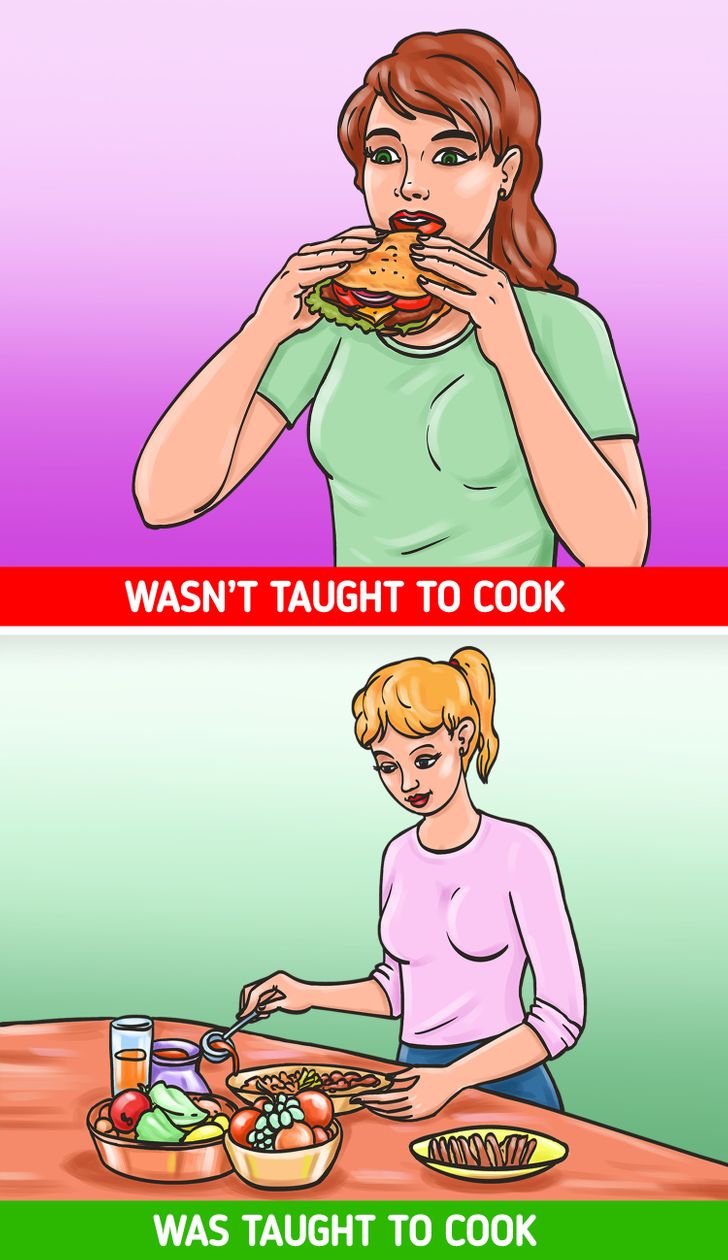
Teaching kids how to cook will make them more likely to choose healthy foods, research has shown. And because healthy nutrition is crucial for our well-being, learning these habits as a child will make it easier to lead this lifestyle as an adult. It’s also important to introduce children to a wide variety of healthy foods, so that they don’t get bored and can get as many benefits as possible.
The reason children often choose more unhealthy options, like chips or sweets, might be because they don’t have to spend time cooking them. They’re used to their parents always preparing their meals, so when they don’t have time to do it, fast food and snacks
4. What to do in an emergency

If something unexpected or bad happens, even adults get scared and confused, so a kid needs to be prepared and know how to act in an emergency. And if you inform them about what they should do, it won’t be as scary, and might even be easier for them to deal with stressful situations when they grow up.
First of all, teach them what number they should dial in an emergency. Second, tell them what they need to say once someone answers their call, which is the reason
5. How to manage time
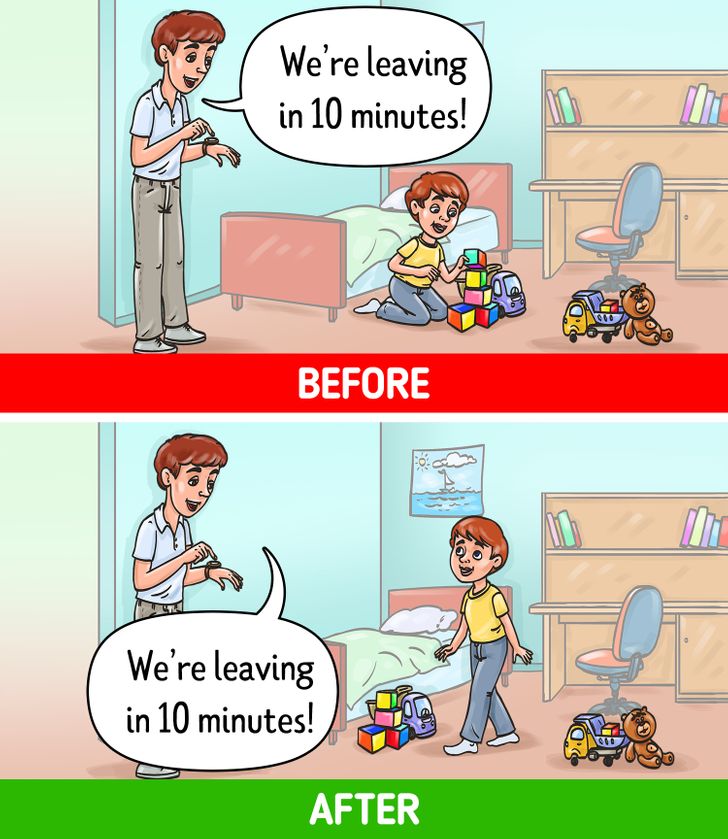
Having too much to do and not having enough time to do it is a problem every adult knows all too well. But sometimes, it’s just a question of what priorities we have and how well we can manage our time. So you can teach your kid about how to do that, and this skill will not only be useful for them when they become adults or even right away in school, for example, but it might also make your life as a parent easier.
Make sure your child knows how to measure time. For example, give them a task and ask them to complete it in 20 minutes. Put a clock nearby and, as time passes, inform them about how much time they’ve already spent and how much they have left. This will allow your child to understand the passage of time and

Another thing that’s important for time management is setting priorities. This is a difficult concept for kids to understand, but you can still teach them to prioritize by using words like “first,” “next,” and “last.”
The important thing is that the learning process should be fun for your kid. For example, they can have calendars with cool prints, and they can use colored pencils to mark important dates. Write down things that they need to do in their daily planner, like brushing their teeth, or getting their backpacks ready for school, then ask them to cross them off once they’ve done them. To make it more fun and rewarding, you can add cool stickers at the end of the day near those to-do lists.
6. How to handle money

Even when your children are still young, they can learn about money and budgeting. In fact, it’s better to start teaching them before they turn 7, since, by this time, money attitudes and habits are already formed.
First, show them coins, cash, and credit cards, explain that you can buy stuff with them, and also show them how you do it when you go shopping together. After you’ve bought something, especially with a credit card, you can give them the receipt so they can see how much money you’ve spent.
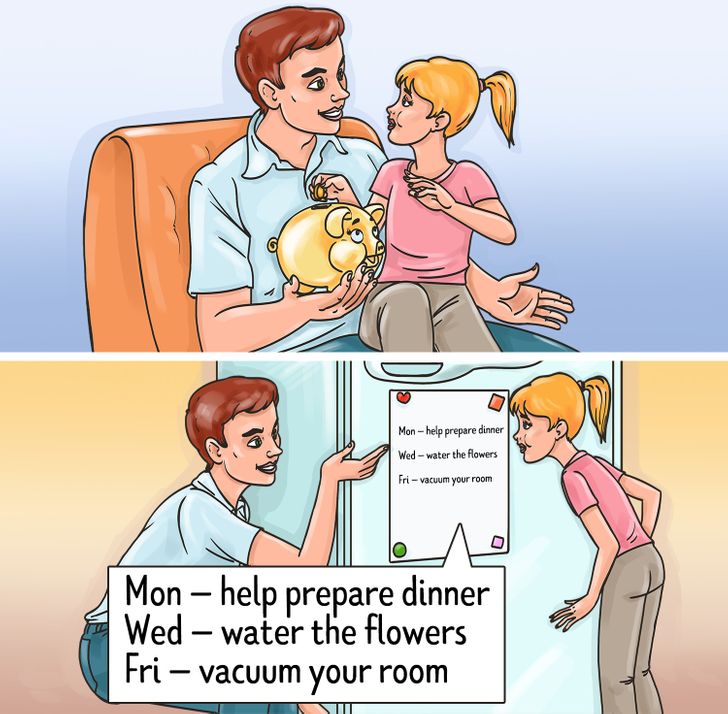
Later, explain that
Children also need to learn that money is earned, which will make them understand the value of money. For example, you can make them do chores and give them an allowance for it.
7. How to make decisions

It’s natural for parents to want the best for their kids and, therefore, to try to control as much of their kid’s life as possible. However, always deciding everything for them can make it really hard for them to make their own decisions when they become adults. So, even when they’re young, children should be able to know how to make their own choices and understand the consequences.
To teach that, you can take the simplest things and discuss them with your child. Ask them to choose between 2 options and make a list of pros and cons together. To make it harder, you can even ask them if they think there’s a better option that you didn’t name. Make sure they understand what will happen if they choose one thing or the other, and how it will affect them.
8. How to interact with others
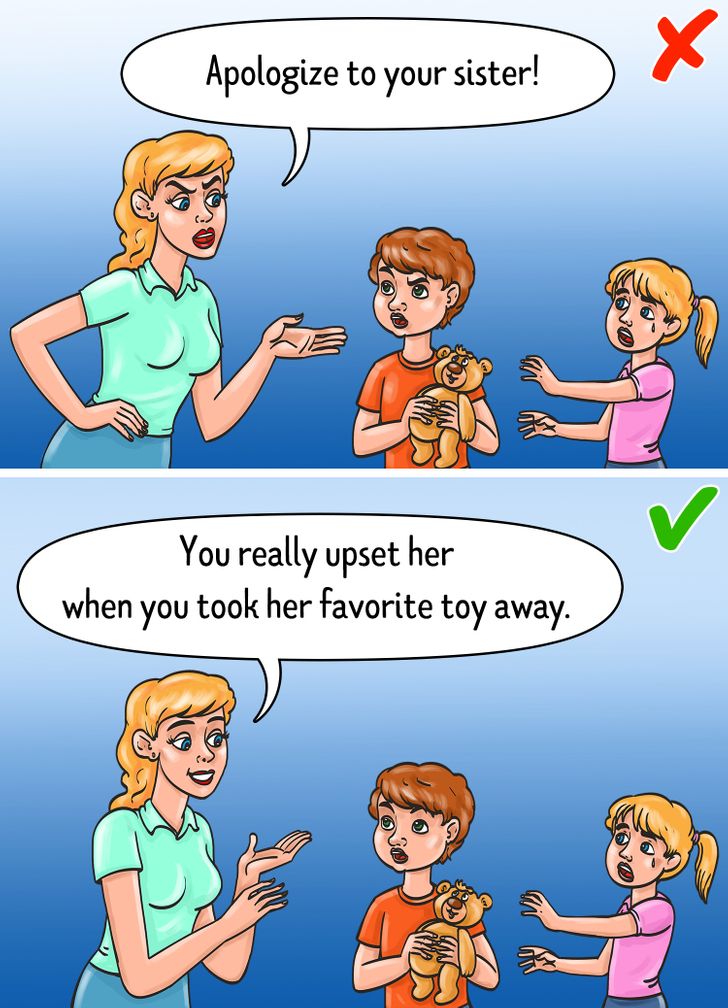
Being compassionate and empathetic is important for getting along with people and building strong and
Do you agree that these skills are important? What else do parents need to teach their children?
Comments
How to iron. What you need going camping. A BIG one is learning to Swim. every child should know how to swim!!!
To do some volunteer work at a Animal Welfare Organisation That way they get a taste of reality and responsibility also special courses on dealing with Wildlife.
Related Reads
16 Photos That Show What’s Actually Inside Some Things We All Know Too Well

14 True Events That Made People Question Everything and Everyone
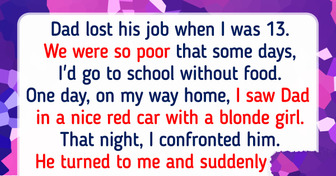
13 Workplace Dramas That Outdo Any Soap Opera

20 Hotel Experiences That Definitely Deserve a Refund

14 People Who Realized Shocking Things About Their Past

My DIL Insulted Me Being Unaware I Was Supporting Their Family, My Revenge Made Her Turn Pale
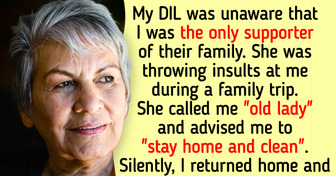
12 Single Dads Share Their Most Emotional Stories
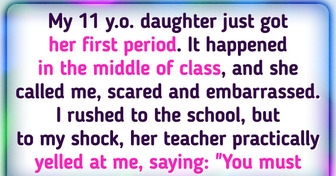
10+ Real Stories Reddit Users Prefer Not to Tell Others Because They Sound Made Up

12 Terrifying Moments Where Reality Turned Into a Nightmare

I Was Humiliated by My MIL, but Karma Had Other Plans

14 People Who Have Scratched the Word "Shame" Out of Their Dictionary

15 Real Life Events That Are Creepier Than a Movie
